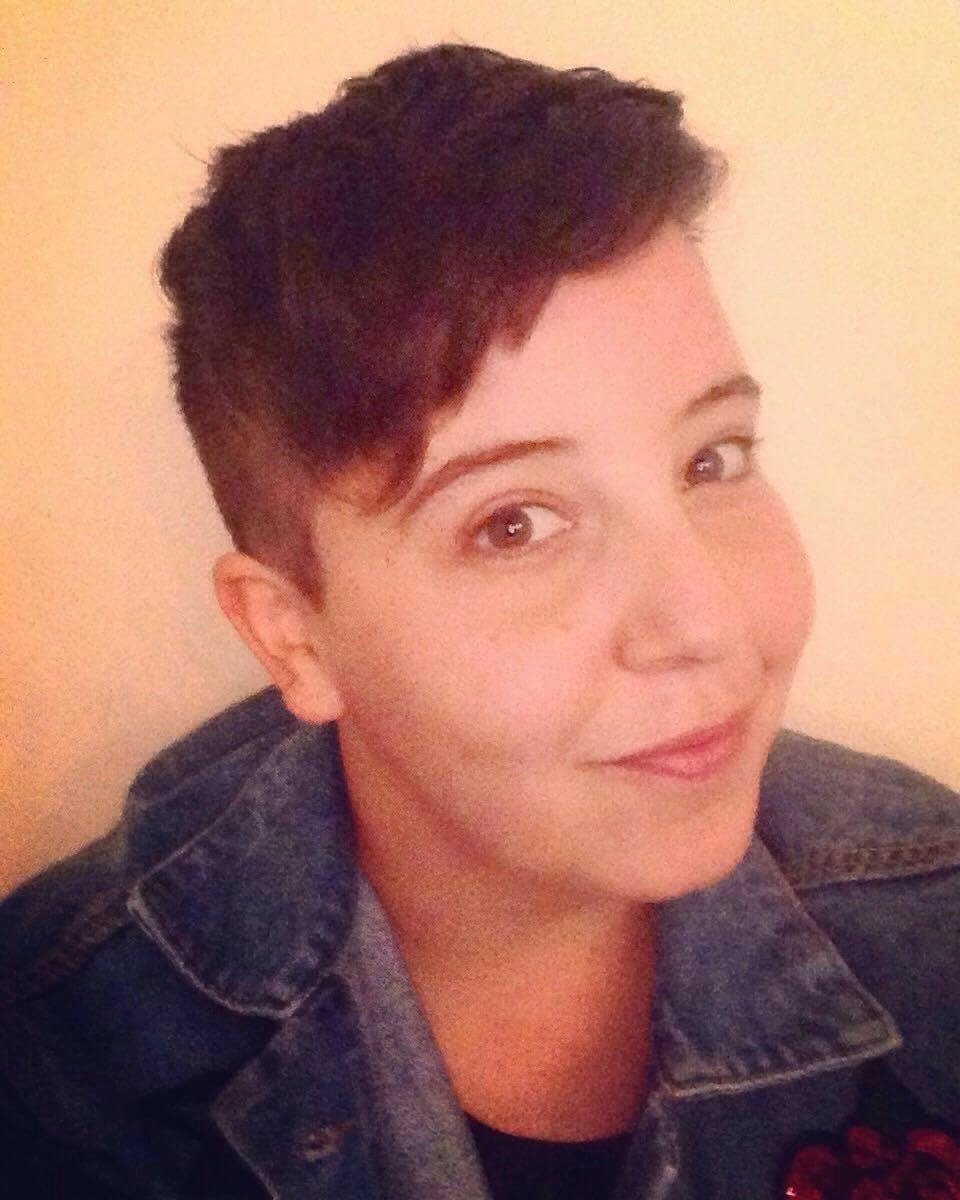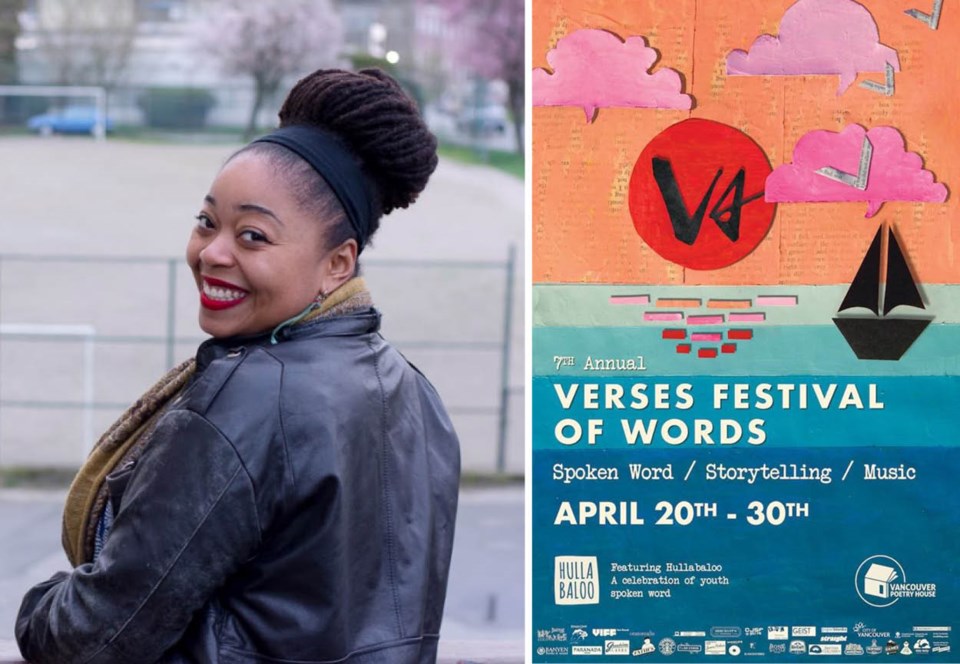��
In today’s tumultuous political times, celebrating artists and sharing their stories is both a necessary and cathartic experience.
Enter the seventh annual – Canada’s largest alternative literary festival, which takes place April 20 to 30 at venues across East Vancouver. This year, Verses boasts more than 30 competitions, performances, workshops and readings, and features a plethora of spoken-word artists. Artistic director Jillian Christmas says it is important to focus on accessibility and activism in this year’s festival, and celebrate artists who are using that platform to drive social change.
“[The theme] kind of felt natural,” Christmas explains. “With everything that's been going on as of late, we just knew we had to bring something to the community that was healing, informative and unifying in a way that allows us to create space for the work to be done moving forward, and celebrate the people who are doing this work.”
Christmas adds that those involved in this type of expression aren’t always given the necessary space to convey the emotions central to the work they're doing. She maintains that storytelling is critical to how we identify and connect with one another.
“You can't do something until you can imagine it, and I think that speaking it out loud is a really important part of that process,” she says. “It gives us the opportunity to brainstorm together. It gives us a map of how to go into the future, and I hope that in this festival, we create space for that to happen.”
Festival highlights Christmas most looks forward to include a workshop offered by musician and poet Saul Williams, along with Sonya Renee Taylor and Denise Jolly’s performance piece The Body Is Not An Apology. Rooted in radicalism and self-love, the piece focuses on body positivity and the importance of femmes in our society.

Christmas also anticipates the Black Lives Matter Showcase, curated by BLM �鶹��ýӳ��co-founder Cicely-Belle Blain, as well as Molly Billows’ and Amal Rana’s Indigenous futurism spoken-word piece.
Molly Billows is a queer, mixed, indigenous feminist from the Coast Salish Nation. Along with Rana, the pair recites spoken-word poetry rooted in politics and raw emotion.
Billows works with indigenous and marginalized youth and characterize indigenous futurism as equal parts reactive and proactive. “It's a way to write not only reactionary poetry, but poetry about things that I want to see in the world,” they say.
Billows also believes that poetry can contribute to collaborative healing in a number of different ways. “For people who are marginalized and facing oppression, poetry can be a really good outlet for working through your own emotions and communicating with others who might resonate with what you're going through,” they say. “I think poetry is really important for creating what you want to see happen in the world.”
Billows is looking forward to collaborating and finding inspiration in other artists at the festival, as well as coming together as a community to heal and move forward. “Just listening to each other's stories, and giving space for each other, and not feeling like you have to be on this healing process alone [is important],” they say. “You can reach out, and learn from other people, and be held by a community and feel like you're not alone.”
Christmas said that she wants people coming to the festival to feel like there's reasons for celebration.
“That cathartic sense of coming together and sharing space, that's what we really want,” she said. “We can be re-invigorated for however long the struggle takes and we can do it together.”


